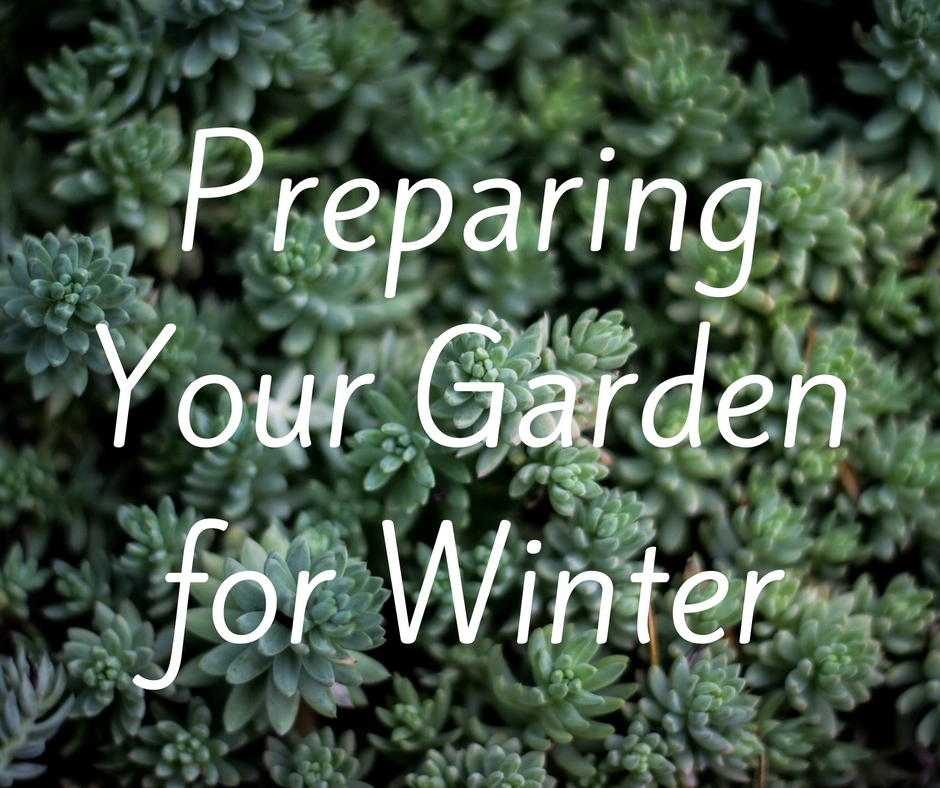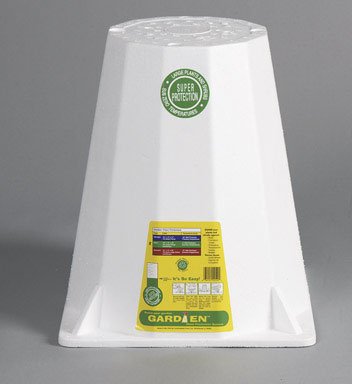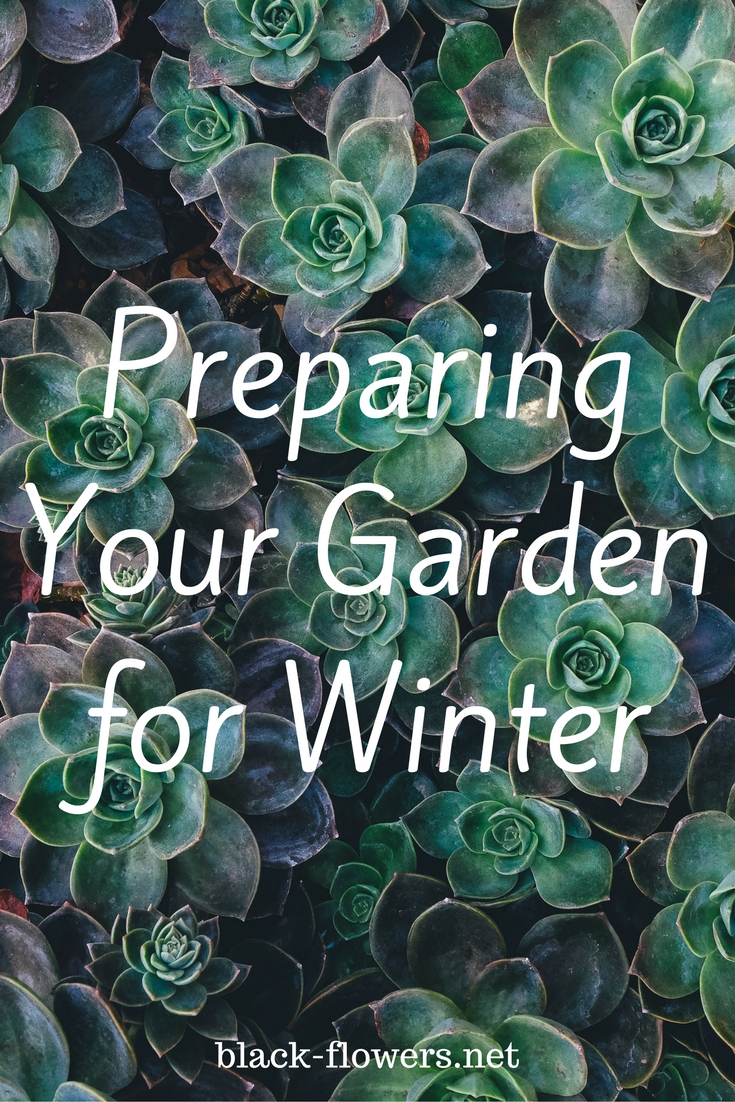As the summer growing season winds down and the crisp days of autumn approach, it’s clear that winter is not far behind. Just because you’ve planted your garden in the spring and cared for it all summer long does not mean that your work is done now. In fact, there are many preparations that need to be made in order to prepare your garden for the coming winter months. Whether an annual or perennial garden, there are several things you can do to end the current growing season on a positive note and encourage a successful growing season for next year.
For Annual Gardens
Pull up and remove any annual vegetable or flower plants that are done blooming for the season. Discard any plants that may have disease or that have become infested with insects. For all other spent plants, toss them in the compost pile. This is also the perfect time of year to place organic matter in your annual gardens by tilling or mixing it into the top layers of soil. Such organic matter to use could include manure, compost, grass clippings, or even chopped leaves. You can also give the soil a boost by adding amendments such as garden lime or rock phosphate to improve soil quality. Add whichever amendment is appropriate based upon the needs of your particular soil. As frost threatens, if you wish to extend the growing season of your annual flower and vegetable plants a bit longer, cover them in the evenings with a polyspun garden fabric to protect them overnight. Remove the fabric from the plants the following morning.
For Perennial Gardens
For the lovely perennial gardens that provide us with blooms and color season after season, there are also ways to give next year’s blooms a good start. For self-sown perennials that have become a little crowded during the growing season, thin out the excess plants to provide proper spacing when new growth begins in the spring. You can discard the thinned out plantings by placing them in the compost pile or by replanting them in other areas. Other perennial flowers should be cut back down to the ground, enabling you to remove any weeds that may have grown in the garden area. After cutting the plants back, place a one to two inch layer of compost over them. Consider using this backyard composter if you don’t already have one so you always have easy access to beneficial compost for your gardens. For tender perennials such as lavender and rosemary, either choose to pot them and bring them inside for the winter months, or else mulch them well with FibreDust CoCo Mulch.
Yimby Tumbler Composter FibreDust CoCo Mulch
FibreDust CoCo Mulch
Care of Summer Bulbs
For tender bulbs such as dahlias, gladiolas, and cannas, make sure to dig the bulbs up before winter sets in. Take the bulbs and wrap them in moist material and place them in a cool, dry location for storage during the winter months. Simply re-plant the bulbs next spring when danger of frost has passed.
Care of Hybrid Roses over Winter
One type of garden plant may require a little special care in order to make it through the winter and thrive next growing season. In order to prepare your hybrid roses for the coming winter, stop feeding them in later summer, approximately two months before you might expect a frost in your area. Limit pruning as well to prevent new growth that will be killed off during the first frost. Remove any old mulch around the roses to get rid of any insect eggs or possible disease and replace with fresh mulch. Give them a good watering before the season ends as well. For hybrid roses, protect them with rose cones or pile bark mulch over the crown of the plant after a hard frost occurs.
Gardien 1212 Super Rose Kone, 0.5-Inch Wall Thickness
Odds and Ends
The fall is also the perfect time to clean out garden decorations such as birdbaths, gazing balls, and statues. Wash everything and make any necessary repairs so they will be ready to go next spring. Store in a garage or shed until you need them again in the spring. Removing these items will allow you access to weed out flower and vegetable beds and do any mulching that needs to be done. Taking these steps to clean up and put your garden to rest for the winter will ensure healthy soil and plants that are ready to begin the growing season once again.
Once spring comes, your garden will be ready to plant after minimal clean-up and will have all the nutrients it needs.














Speak Your Mind